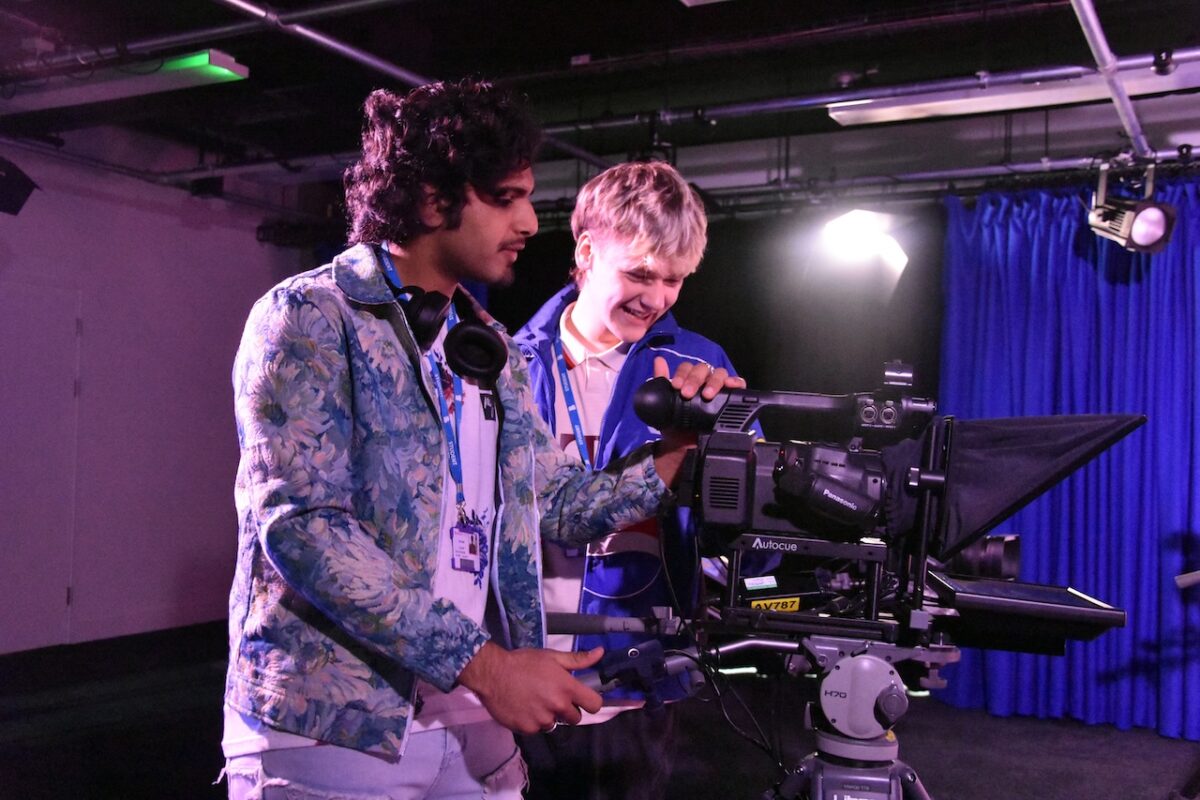Bristol academics elected as Fellows to The British Academy
![[Left to right]: Professors Joanne Conaghan, Robert Mayhew and Dorothy Price](https://www.fenews.co.uk/wp-content/uploads/2021/07/Bristol_Academics_listed_as_Fellows.jpg)
Joanne Conaghan (@JoanneConaghan), Professor of Law @BristolUni, Robert Mayhew (@RobertJMayhew3), Professor of Historical Geography and Intellectual History, and Dorothy Price (@ProfDorrothy), Professor of History of Art are among 84 newly elected Fellows (@BritishAcademy_) announced today.
Professor Conaghan from the University’s Law School has a passion for legal education and an enduring research interest in issues of law and gender.
Over the course of her career, she has written variously in the fields of labour law, tort, human rights, sexual violence, and legal philosophy.
She said:
“I have always admired the work of the British Academy, particularly their support of early career researchers and look forward to getting involved with this work in due course.
“I am really lucky to work in a strong and supportive academic community which has always supported the highest academic standards while embracing scholarly diversity.”
Professor Mayhew, from the School of Geographical Sciences, works at the interface of historical geography and intellectual history, in particular looking at the intellectual history of British geography books, demography and migration, circa 1660-1900.
He said:
“The British Academy champions the humanities and social sciences, and my career simply would not have happened without its support in many ways and over many years. To be elected a Fellow of the British Academy is the greatest honour I can imagine.
“I have every intention of repaying the debt I owe to the Academy both by practising and by advocating for humanities scholarship as an integral part of my own discipline of geography and of a flourishing intellectual culture more generally. I can’t imagine a more important time to support the mission of the British Academy.”
Professor Price, from the Department of the History of Art and the University’s Centre for Black Humanities, researches modern and contemporary art through the lens of race, sexuality and gender with particular expertise in German modernism and Black British Art.
She said:
“I am honoured to have been elected as a Fellow of the British Academy and to be able to continue my work thinking through the racialised politics of art history with their support.”
Founded in 1902, the British Academy is the UK’s national academy for the humanities and social sciences.
It is a Fellowship of over 1,400 of the leading minds in these subjects from the UK and overseas. Current Fellows include the classicist Professor Dame Mary Beard, the historian Professor Sir Simon Schama and philosopher Professor Baroness Onora O’Neill, while previous Fellows include Dame Frances Yates, Sir Winston Churchill, Seamus Heaney and Beatrice Webb.
The Academy is also a funding body for research, nationally and internationally, and a forum for debate and engagement.
Welcoming the Fellows, the new President of the British Academy, Professor Julia Black FBA, said:
“As the new President of the British Academy, it gives me great pleasure to welcome this new cohort of Fellows, who are as impressive as ever and remind us of the rich and diverse scholarship and research undertaken within the SHAPE disciplines – the social sciences, humanities and the arts. I am very much looking forward to working with them on our shared interests.
“The need for SHAPE subjects has never been greater. As Britain recovers from the pandemic and seeks to build back better, the insights from our diverse disciplines will be vital to ensure the health, wellbeing and prosperity of the UK and will continue to provide the cultural and societal enrichment that has sustained us over the last eighteen months. Our new Fellows embody the value of their subjects and I congratulate them warmly for their achievement.”











Responses